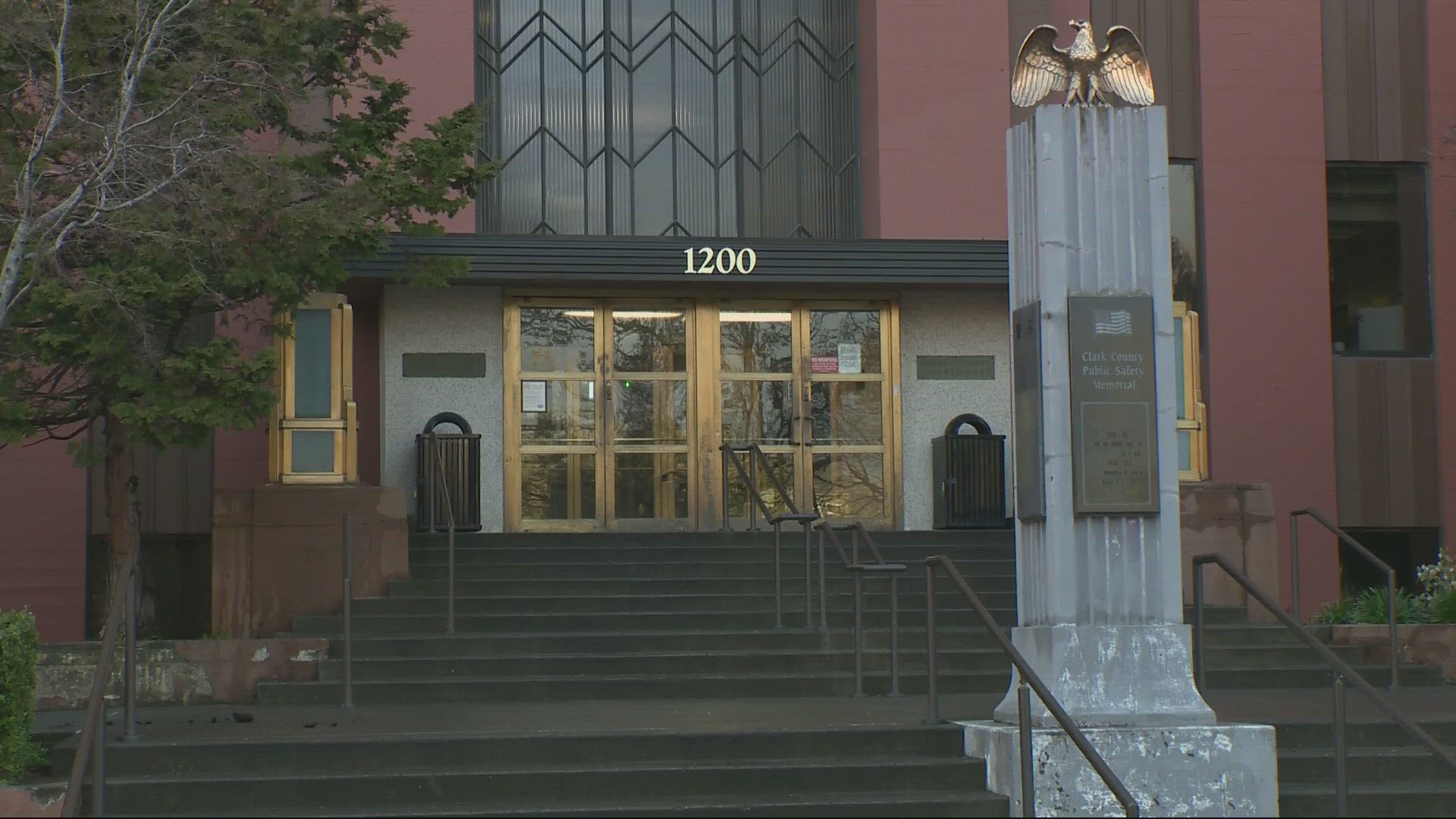VANCOUVER, Wash. — There have been no arrests as of Friday, but police are calling Meshay Melendez' boyfriend, Kirkland Warren, a person of interest in the disappearance of the 27-year-old mother and her 7-year-old daughter, Layla Stewart. Two bodies found Wednesday are believed to be Melendez and Stewart, according to police, both of whom had last been seen March 12 traveling with Warren.
Court documents point to Warren's history of alleged domestic violence. Earlier this month, he was arrested and accused of assaulting Melendez, harassing her, and shooting up her apartment. He's also charged with violating a no-contact order. Court documents had him listed as an extreme risk to her, yet he was able to bail out of jail in Clark County.
Dr. Katie Mathis is a doctor of clinical psychology and CEO of California Cognitive Behavioral Institute and a national domestic violence expert with 37 years in the field. After the disappearance and presumed deaths of Melendez and Stewart, she looked into Warren's background.
"The trouble is when we have a legal system with district attorneys and judges, they are horribly undertrained in domestic violence," she said. "They know laws, but they don't know a perpetrator. They don't know the characteristics of a perpetrator and they don't know what they do to a victim."
Mathis said it was shocking to hear that Warren was able to bail out.
KGW reached out to Clark County officials to find out why GPS monitoring wasn't requested for Warren, given his alleged history of domestic abuse. The prosecuting attorney's office responded with 'no comment,' citing an open investigation.
Mathis explained that it can take many tries for people caught in cycles of domestic abuse to leave a partner. Seeking out help from a resource center or shelter can also be difficult to do.
"There are services there, they get food, they get clothing, they get opportunities for healing and for you know, rebuilding their life," she said. "But a lot of them say 'This is my home. I am here. I don't want to leave it because I've done nothing wrong.'
"That really is part of the reason, along with the bonding, that people stay in their relationships and then you add the threats too, you know, 'I'll kill you if you leave.'"
For concerned family and friends, Mathis recommends looking out for signs of controlling or verbally abuse behavior, and isolation. For those in a potentially dangerous situation, Mathis offered this advice:
"Get out. Get to safety, get help and make that person that's lying to you prove they've changed," she said. "It's not what they say that you listen to — it's what they do."
The National Domestic Violence Hotline is operated 24 hours a day, 7 days a week. Call or text 800-799-7233 if you or someone you know may be a victim of domestic violence, to get connected to resources and support.

